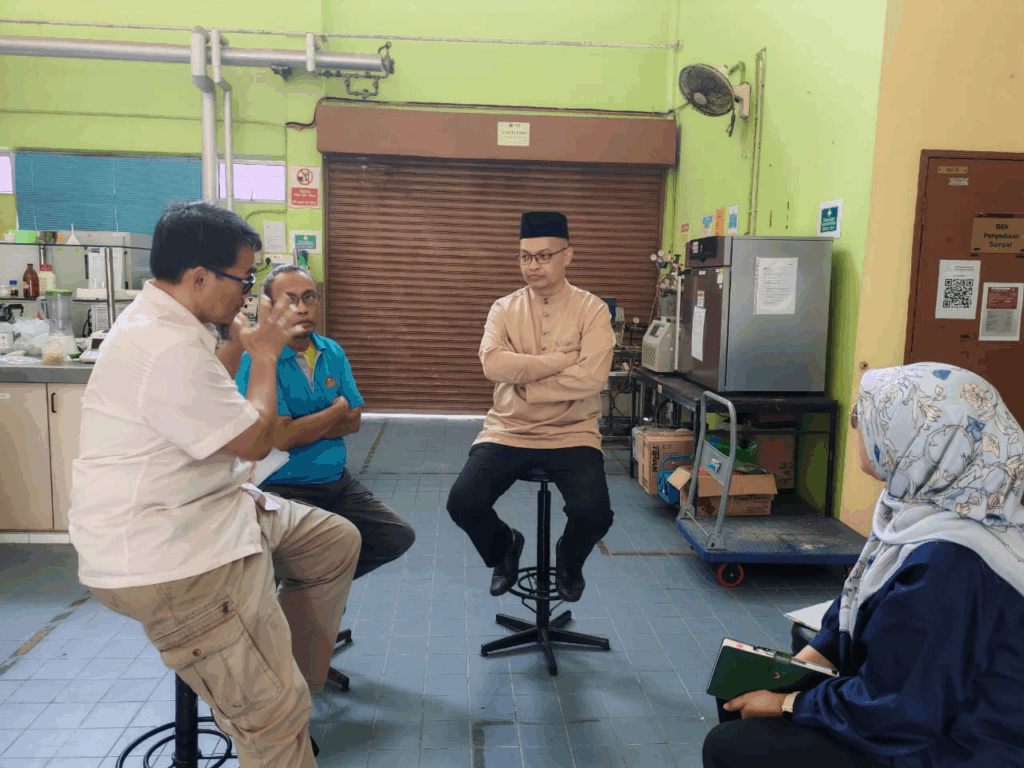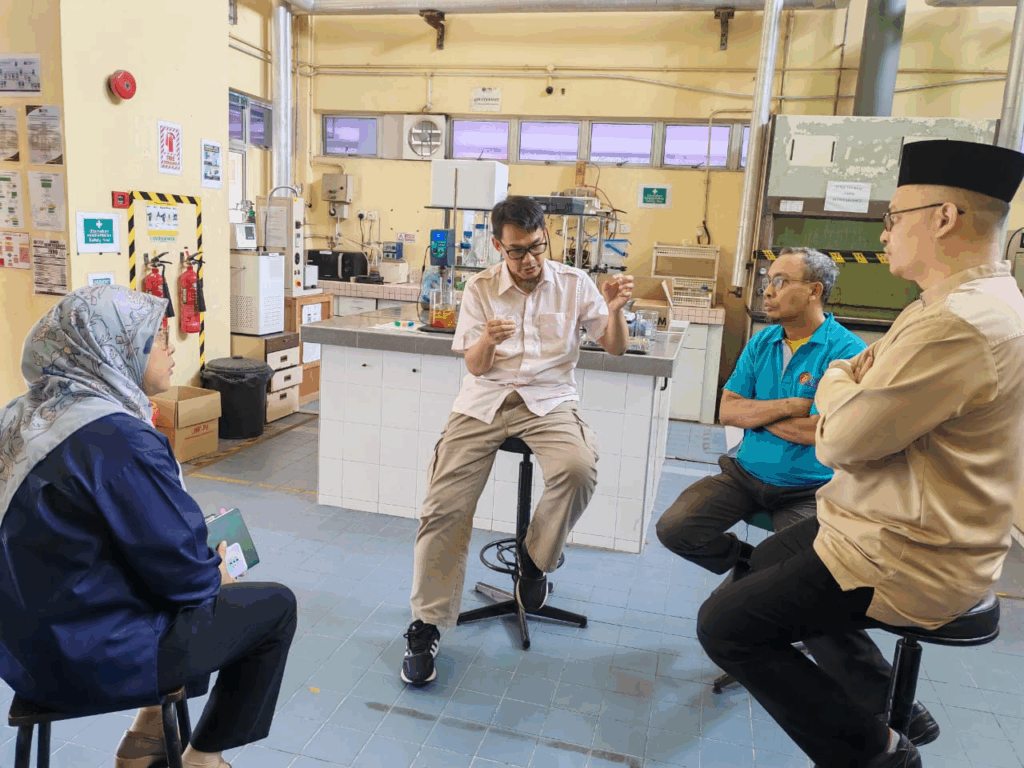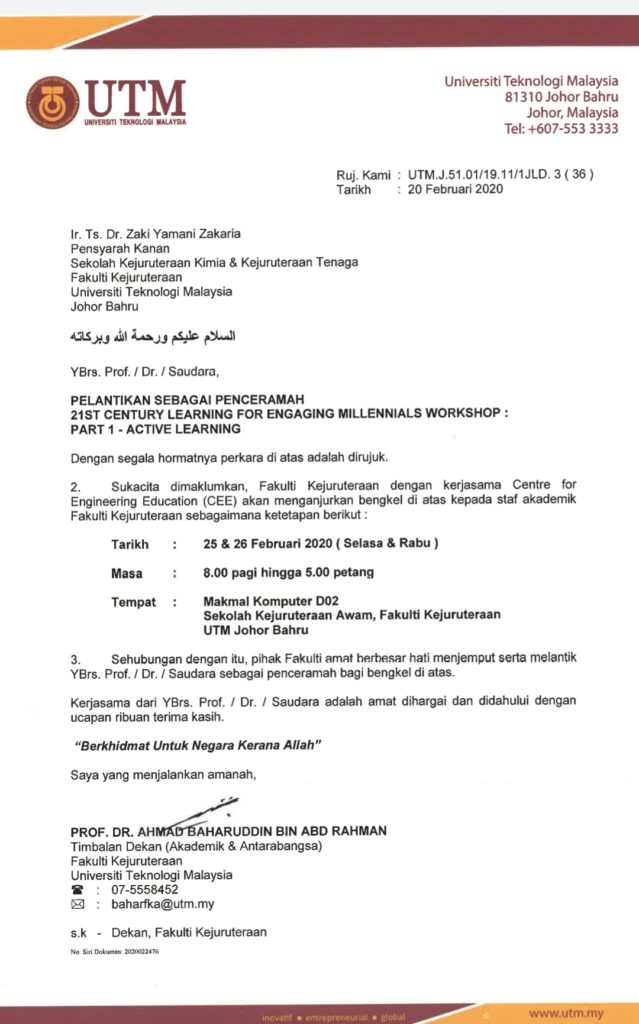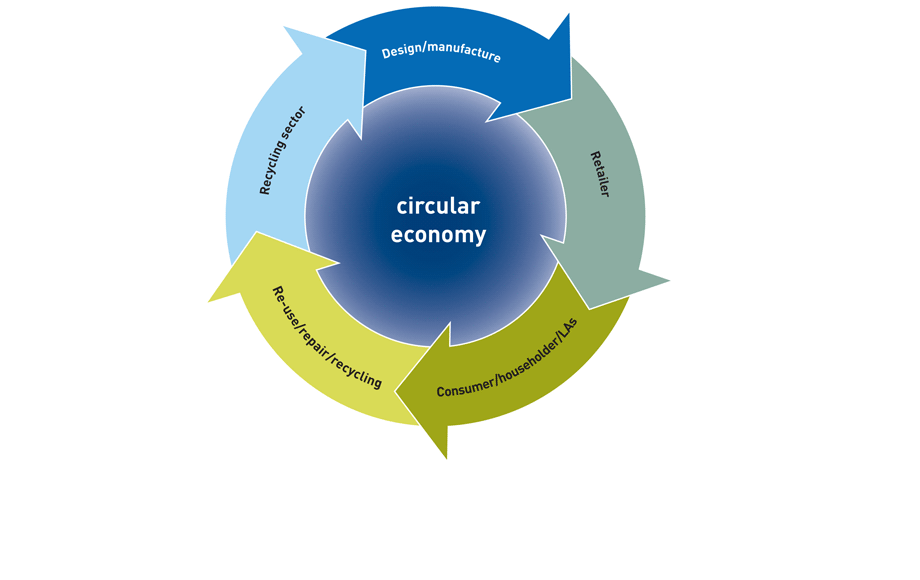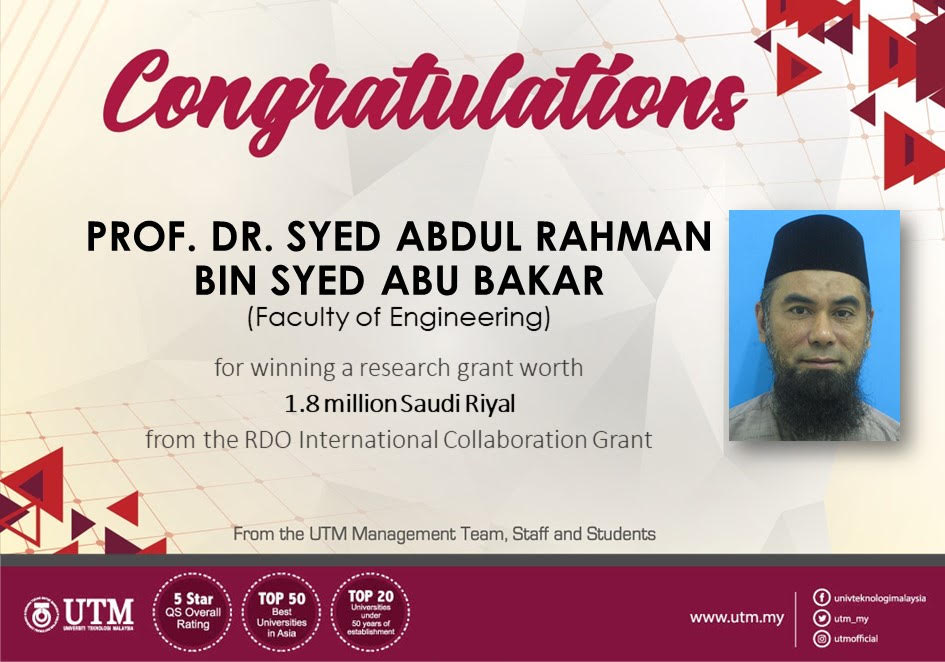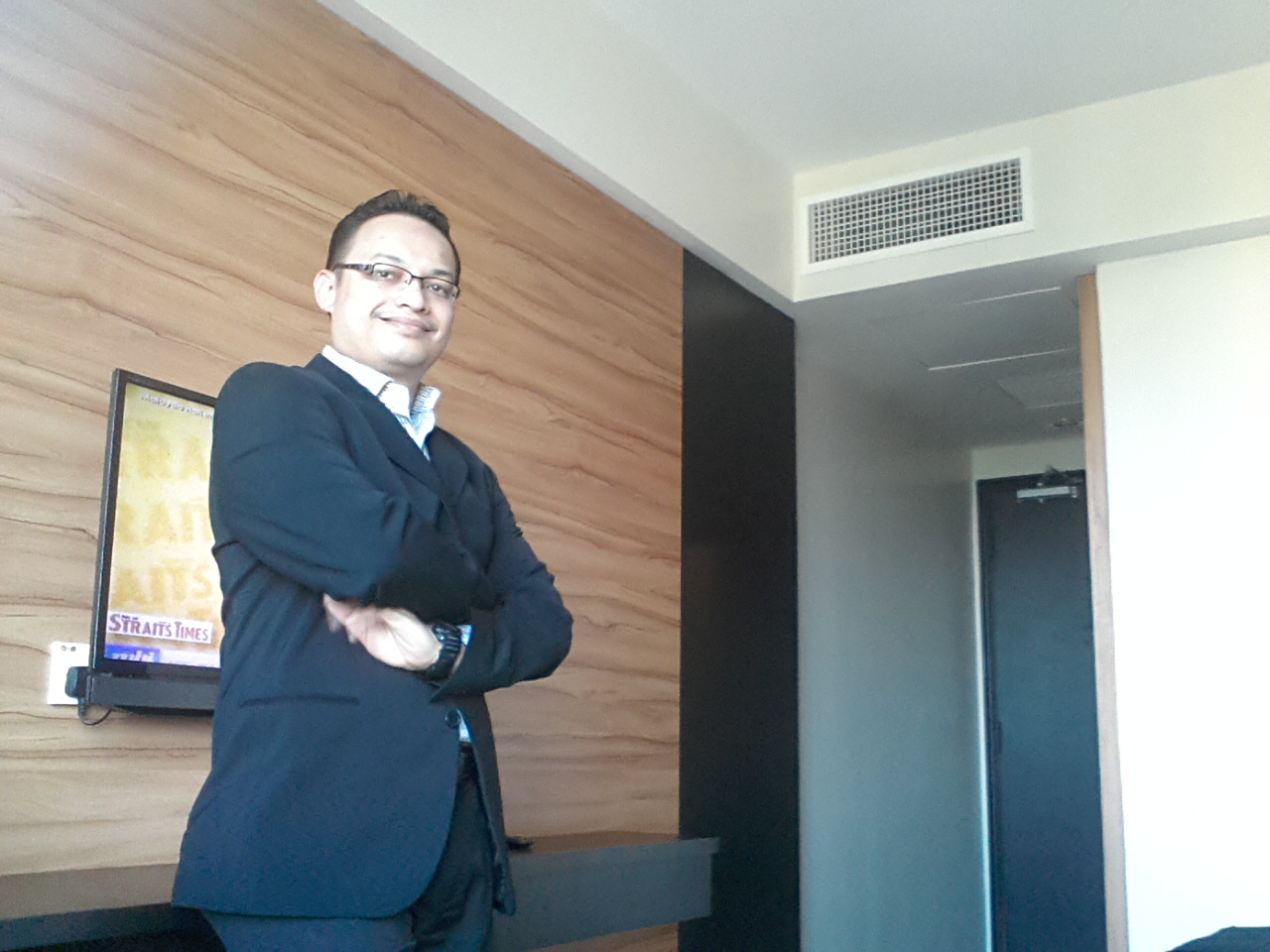Weekends are typically seen as a time for rest and personal renewal, especially for most employees. However, for academicians and lecturers, weekends can often be just another extension of our academic responsibilities. While Saturday and Sunday are officially non-working days, it is not uncommon for teaching-related duties to spill over into the weekend due to packed schedules on weekdays.
Today was one such instance. I had to carefully balance my time between personal, family, and social commitments in order to accommodate a mock presentation session for one of my Final Year Project (FYP) students from the SPACE program, UTM’s part-time undergraduate program for working adults.
Given my full-day commitments, I informed my student, who is currently working at a major oil refinery in Pasir Gudang, that we would conduct the mock session later at night, after I returned from attending the Maulidur Rasul Kuliah at Masjid Taman Pulai Indah. We began the mock presentation at 10:25 p.m. and concluded by 11:00 p.m. I listened attentively to his presentation and provided detailed, constructive feedback focused on both the content and delivery aspects. I advised him to revise the slides and submit the improved version to me by tomorrow for final review. I sincerely hope that the revised presentation will reflect significant improvement—InsyaAllah.
Earlier in the day, I also attended a wedding ceremony in Pasir Gudang, following an invitation from a former colleague at Mewaholeh Industries Sdn Bhd, my previous workplace. It was a meaningful social occasion that allowed me to reconnect with old friends, former students, and fellow professionals.
Days like today remind me that while weekends are meant for rest, they can also offer valuable opportunities for mentoring, reflection, and nurturing long-term academic relationships, especially with committed students who juggle work and study in parallel.
#20242025 Day 012
#Saturday
